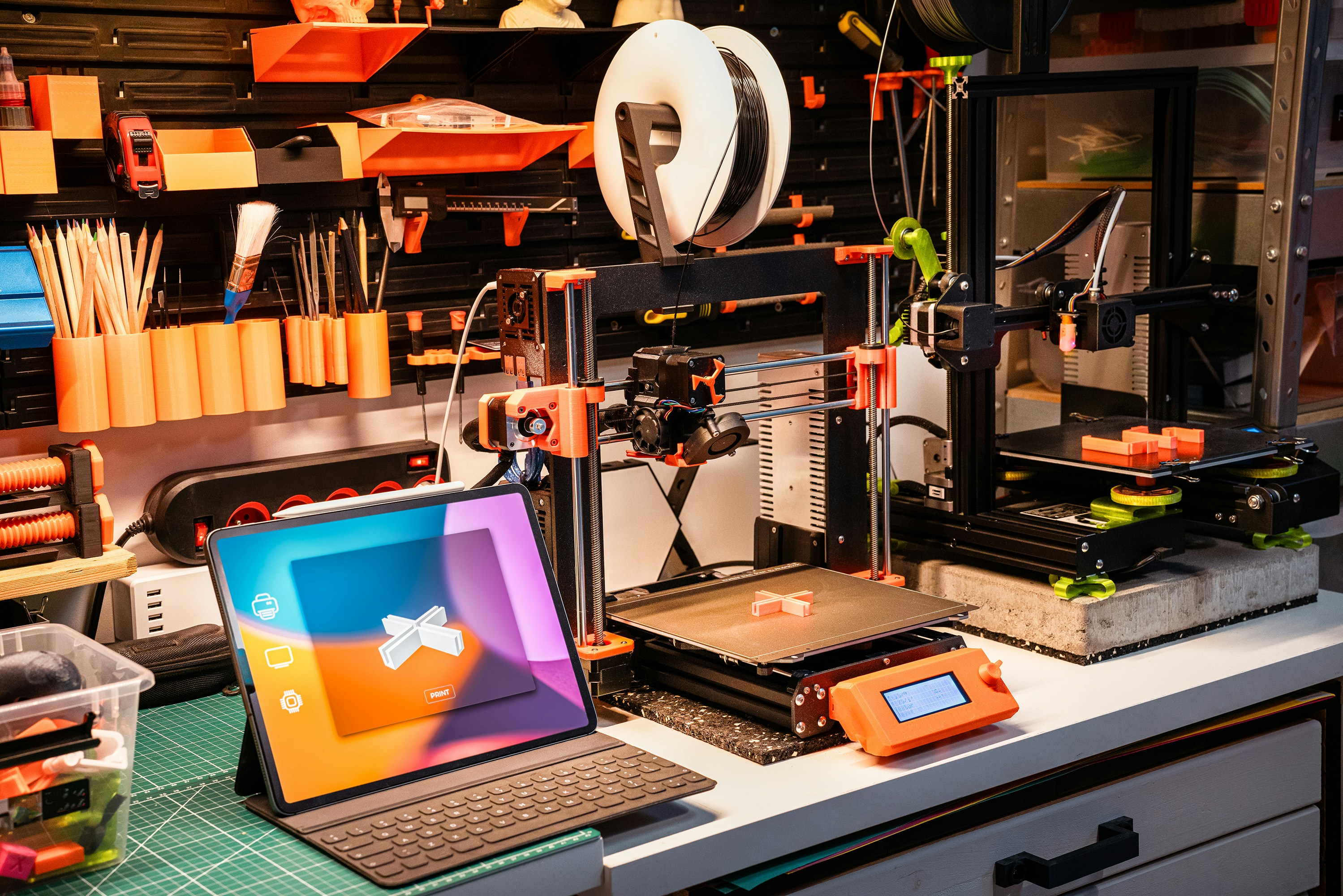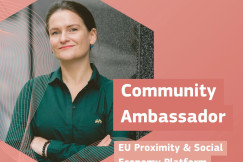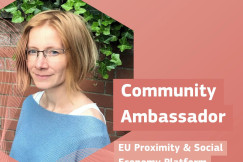Best practices
20 December 2024
Designing for inclusion: the innovative collaboration between OpenDot and the TOG Foundation
Best practices
20 December 2024
Partnerships
Transformative Digital Transition
Urban and Rural Wellbeing
+14 more
Login / create an account to be able to react

The collaboration between OpenDot and the TOG Foundation represents a successful example in the design and production of products tailored to children with a disadvantaged background. This initiative stands out due to its innovative approach, and significant social and environmental impacts. By leveraging the capabilities of OpenDot’s FabLab and the expertise of the TOG Foundation, this project not only addresses a critical need but also sets a benchmark for inclusive and sustainable business models.
Topics
Italy
Academic / Research and VET Institutions
Business Support Organisation
Company with 250 or more employees
Consumer Organisations
Cultural and Heritage Organisations
Destination Management & Marketing Organisations
EU Institutions
Financial Institutions and Investors
Industry Associations and Chambers of Commerce
International Organisations
Local Authorities
Media / Journalist Organisations
National authorities
Networks and Federations / Confederations
NGOs / Non-profits
Regional Authorities
SMEs (a company with less than 250 employees)
Social Economy Entity
Trade Unions
-
Thematic area
-
-
Partnerships
-
Transformative Digital Transition
-
Urban and Rural Wellbeing
-
-
Interlinkages with other sectors
-
-
Digital
-
Health
-
Proximity and social economy
-
-
Action areas and keywords
-
-
Digital social innovation
-
Innovation as enabler for green transition and business development in the social economy
-
New business models – the platform economy
-
Public and private tech partnerships and support
-
Reinforcing Business to Business collaboration for greener and circular value chains
-
Supporting Digital Social Innovation & Tech for Good entrepreneurship
-
Tech for Good
-
-
Ecosystem focus
-
-
Proximity economy
-
Social economy
-
-
Scope of activity
-
-
Local/neighbourhood
-
Regional
-
Share
In recent years, Fab Labs (Fabrication Laboratories) have emerged as small-scale workshops offering to the local population access to digital fabrication equipment. OpenDot is one of them. This Italian company, based in Milan, is one of the largest and most structured FabLabs in the city.
This article explores the successful collaboration between OpenDot and the TOG (TOgether to Go) Foundation, a social economy actor also based in Milan. TOG provides customised rehabilitation paths and professional support to children with cerebral palsy.
The challenge and proposed solution
According to a report published by the European Commission in 2024, TOG has collaborated with OpenDot since 2015 to address the challenges faced by children suffering from cerebral palsy, who are often unable to find products tailored to their unique needs.
To respond to this market gap, OpenDot and TOG engage in a process of co-creation and co-design of a variety of products, from pencils to bikes to chairs. The design process is human-centric and socially innovative: it involves the direct beneficiaries (the children), their families, physiotherapists and designers from TOG and local research institutes to study the specific needs of the end user. OpenDot then provides the raw materials and digital fabrication tools to manufacture the solution.
For example, the collaboration between OpenDot and TOG Foundation led to the creation of:
- 'The Bicycle for Everyone’, a three-wheel bicycle with an ergonomic saddle, adjustable handlebars, and a backrest.
- ‘Glifo’, a custom-made writing aid.
- ‘Saddle Up!’, a seating support.
Impacts and lessons learned
OpenDot’s Fab Lab represents an emerging business model, deeply rooted in a context of proximity economy, and able to incentivise local production and short value chains. According to interviews conducted for the above-mentioned report, OpenDot relies on local suppliers, fostering stronger community ties.
In addition, the partnership between OpenDot and TOG Foundation is a successful example of cross-sectoral collaboration. In their co-creation process, they bring together different sectoral experts, the community, but also the academic sector, creating a robust network that supports innovation and social impact.
The collaboration specifically targets children with cerebral palsy, a vulnerable population often overlooked by traditional businesses. By involving beneficiaries in the design process, the project ensures that the final product meets their specific needs, enhancing their quality of life and social inclusion.
Finally, OpenDot’s role as a research and innovation hub speak of the potential of Fab Labs to contribute to the digital transition of the proximity and social economy ecosystem. At the same time, the collaboration between OpenDot and the TOG Foundation has a significant positive environmental impact, primarily through its emphasis on local production. By sourcing most of their materials and components from local suppliers, OpenDot minimises transportation emissions and reduces the carbon footprint associated with long-distance supply chains. Additionally, the digital fabrication techniques employed in the FabLab require fewer raw materials compared to traditional manufacturing processes, leading to less waste and more efficient use of resources.
Conclusions
The collaboration between OpenDot and TOG Foundation offers valuable lessons in leveraging local resources, fostering cross-sectoral partnerships, and prioritising social impact. By focusing on the needs of vulnerable populations and embracing innovative production methods, this best practice sets a precedent for inclusive and sustainable business models. The success of this initiative underscores the potential of proximity-based economies to create meaningful social and environmental benefits, making it a model worth emulating in various contexts.
Comments (0)
See also
-
30
Financing the Ecosystem Recap: December – January
- Categories
- Partnerships Regenerative Green Transition Skills +68 more
-
21
PSE Platform Ambassador highlight: Viktorija Bražiūnaitė, LISVA
- Categories
- Partnerships Regenerative Green Transition Skills +68 more
-
21
PSE Platform Ambassador highlight: Erdmuthe Klaer, REVES
- Categories
- Partnerships Regenerative Green Transition Skills +68 more




